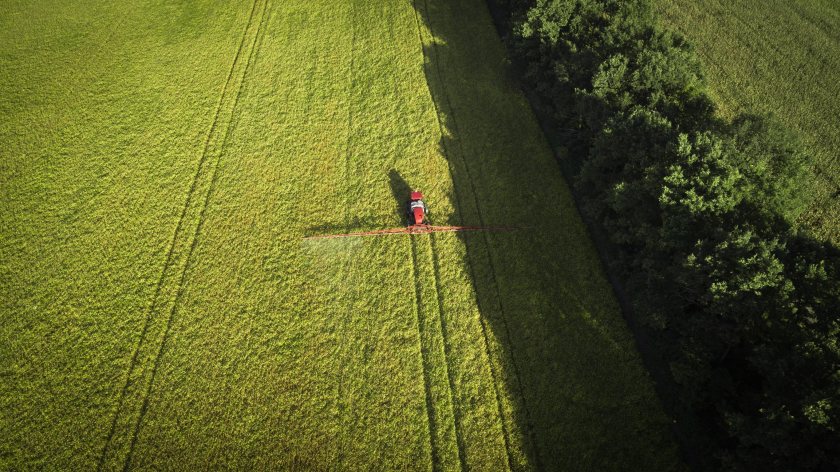
A ground-breaking new navigation system similar to fingerprint technology could enable agricultural drones to navigate across unlimited distances without GPS.
Research into the system will commence as part of joint research and technology development between the UK and Australia.
Advanced Navigation, which manufacturers navigation tech, along with MBDA’s subsidiary company, NILEQ, have signed a Memorandum of Understanding (MoU) to co-develop it.
Similar to fingerprint scanners, NILEQ’s technology - based on neuromorphic sensors - scans the changing terrain as a drone flies across it, and matches it to an existing database of the Earth’s surface.
Once a match is locked, it will feed updates of absolute positioning to the inertial navigation system (INS) - removing drift errors and the need for GPS.
Both companies say this could enable faster and easily repeatable farming operations with the use of low-cost drones.
This could be suited for large-scale projects such as crop monitoring, soil analysis, aerial mapping and targeted spraying.
It is also set to enhance the safety of beyond visual line of sight (BVLOS), enabling drones to function in environments where GPS signals are weak or obstructed, such as dense tree cover or interference from other ag-equipment.
Chris Shaw, CEO of Australia-based Advanced Navigation, welcomed the new MoU with UK-based NILEQ.
“In an increasingly uncertain world where interference is becoming ubiquitous, commercial sectors can no longer rely purely on GPS for flight operations," he said.
"There is an urgent need for additional navigation aiding to supplement platform inertial navigation and GPS receiver systems.”
